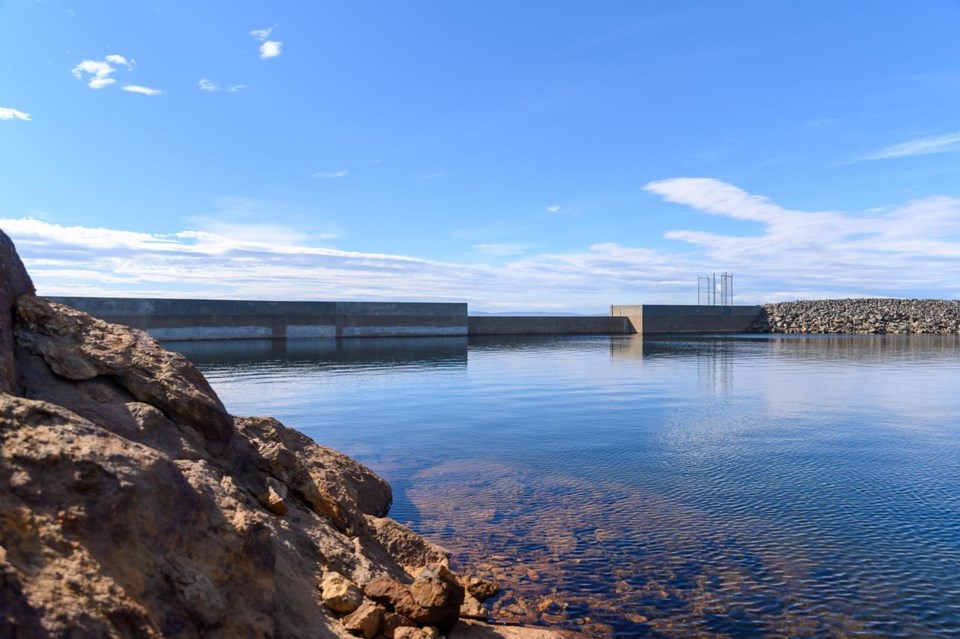IQALUIT, Nunavut — The City of Iqaluit says it lost between six and 10 million litres of water over the past three days as crews worked to address problems with its piped water system.
The city shut down all water services on Saturday while crews repaired the water line near the Astro Hill complex where a major leak had been reported early that morning.
Water was restored for most of the city by Saturday night, while a medical boarding home was hooked back up to the system by Sunday afternoon.
The city then announced Monday another emergency shutdown for parts of the city as a break in the system was causing a sewer back up into the legislative building.
The city said a valve had failed causing water from the main lines to fill the sewer, resulting in a backflow.
Water services were again restored Monday afternoon and a precautionary boil water advisory was lifted later that night.
The city said public works was continuing to repair two small leaks Tuesday.
Issues with Iqaluit's aging and limited water infrastructure have been well documented.
Iqaluit and Nunavut both declared states of emergency in August to ensure the territorial capital would be able to replenish its reservoir, Lake Geraldine, before it froze so residents would have enough water through the winter.
The city also made headlines when its water supply was contaminated by fuel in October 2021, forcing residents to fill containers with water from Sylvia Grinnell River or turn to bottled water flown in from Southern Canada.
Nunavut's member of Parliament, Lori Idlout, has said infrastructure in the North is an issue of Arctic security and sovereignty.
The federal government committed more than $214 million in April to support a new reservoir and upgrades to Iqaluit's water distribution system. The city said as that work is completed, issues with the piped water system should lessen.
This report by The Canadian Press was first published Feb. 7, 2023.
___
This story was produced with the financial assistance of the Meta and Canadian Press News Fellowship.
Emily Blake, The Canadian Press


